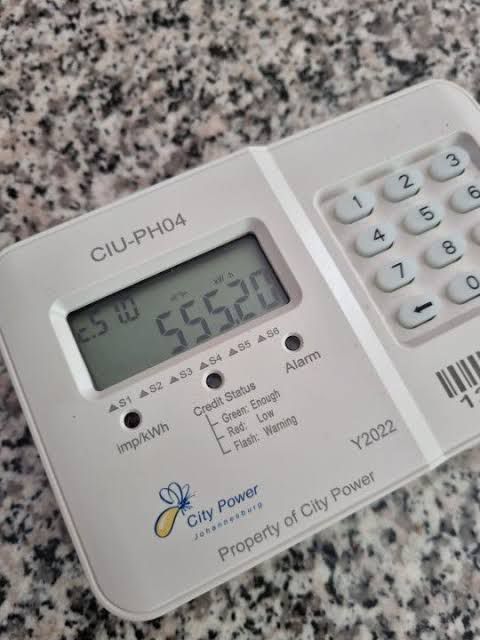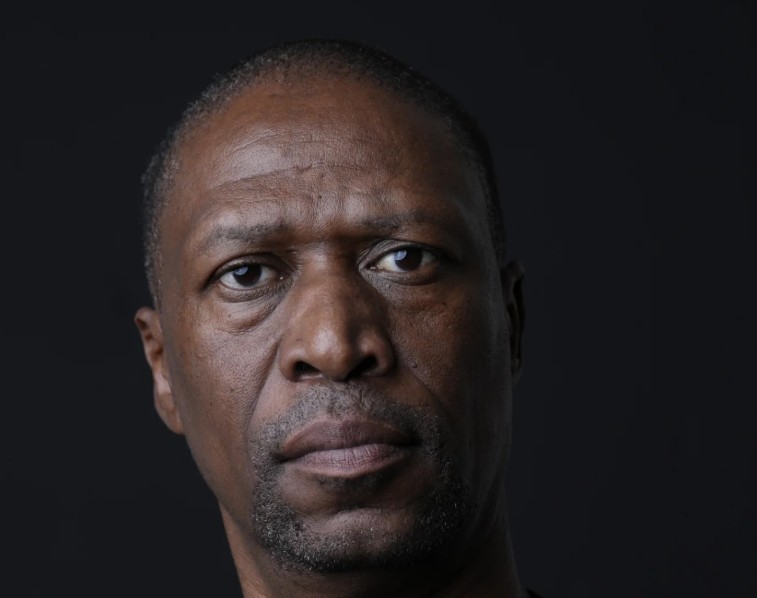South Africa’s democracy stood up to the test: but some things need to change
By: Keith Gottschalk, Political Scientist, University of the Western Cape
Former South African President Jacob Zuma. Never again should one man wield so much power. GCIS
South Africa’s greatest Valentine’s Day gift was the resignation of President Jacob Zuma less than 24 hours before his own party, the African National Congress (ANC), was scheduled to debate a no-confidence motion on him in parliament.
The ANC’s election of Zuma as deputy president of the party, then as President of South Africa, gave South Africa the tragedy of a person promoted above his level of competence, and in a sphere for which he was unqualified.
Zuma’s presidency will go down in history as South Africa’s most corrupt leadership since Cecil Rhodes was prime minister of the Cape Colony. Under Rhodes there were outrageous scandals such as the railways catering contract, and the resignation of a Rhodes cabinet in protest against corruption. The diamond oligarch went further: under his reign the rule of law was perverted.
This time around the fourth estate did South African democracy proud. The investigative unit Amabhungane mined the “Gupta leaks” emails; an academic team compiled a report that dug deep into the Zuma administration’s capture of key state institutions; and civil society launched an ever-more vociferous push-back of litigation and demonstrations. All this was made possible by South Africa’s democratic laws that protect activists from censorship and repression.
So what did the Zuma decade mean for his party, for opposition parties, and for South Africa’s constitutional democracy? What improvements does it need to introduce to prevent a repetition?
Zuma’s impact on the ANC and the opposition
Escalating disillusionment with corruption led to hundreds of thousands of ANC voters abstaining during the 2016 municipal elections. In a proportional representation electoral system, that had devastating consequences. The opposition parties won Cape Town and Tshwane plus the biggest city, Johannesburg, and the former ANC heartland, Nelson Mandela Bay.
So the ANC had to learn, like any other party, that it must heed its voters’ wishes, or lose at the ballot box.
Within the ANC itself, the repeated attempts by Zuma’s supporters at rigging elective conferences caused a surge of pushback. This was evident at the elective conference in December when Ramaphosa won the day. Attempts at rigging the vote through gatekeeping were deeply resented. Zuma’s faction learnt, at its cost, that it had antagonised other members.
When it came to opposition parties, each month of the Zuma presidency was the gift that kept on giving. Outrage at Zuma led to unprecedented coalition attempts between rival opposition parties. These included a partnership between the official opposition Democratic Alliance (DA) and the much smaller United Democratic Movement as well as unprecedented tactical voting arrangements between the DA and Economic Freedom Fighters.
These parties are now learning how to negotiate broad coalitions, knowledge that will come in handy after the 2019 general election.
The DA and EFF’s call for immediate elections point to calculations that a Ramaphosa presidency will steadily start to win back voters to the ANC. A snap election would maximise their chances.
How democracy fared
Overall, South Africa’s constitutional democracy showed its resilience against subversion and corruption. But there were some close calls.
Vital in the campaign against corruption and state capture was the freedom of the media. An attempt by sycophantic securocrats to promulgate Nkandla as a “national key point”, which would have made it a crime to publish photos of the site, simply resulted in a flood of front page photos of Zuma’s country estate. Courage from the media was key.
The continued independence of the judiciary, which granted many NGOs the standing to bring test cases, proved equally vital. South Africa’s democracy defended a freedom to oppose Zuma in ways that are unimaginable in, for example, President el-Sisi’s Egypt with its tame pro-executive judges.
Not that Zuma didn’t try and subvert the independence of key state institutions. A number of examples stand out: the abuse of his powers to hand-pick judges heading commissions of enquiry and the hiring and firing of the operational heads of the police and national prosecuting authorities.
New checks and balances needed
Never again should so much power be concentrated in any future presidency. A few important steps need to be taken to avert a similar crisis in the future.
Firstly, the Judicial Service Commission, which interviews candidates for judicial posts and recommends who should be appointed judges, should have its mandate broadened to also appoint top prosecutors, the independent police investigative directorate, and the head of the independent electoral commission.
Secondly, after a disastrous four appointments as police commissioner, it will be best for future police chiefs to be appointed by the Public Service Commission, not by the president. The commission’s mandate is to monitor and to evaluate the administration of the country’s public service.
Thirdly, the Marikana massacre underscored the urgency of demilitarising the police, so that they indeed become a police service, not a police force.
Fourthly, the country’s constitution needs to be amended to ensure such institutions as the auditor-general and the independent police investigative directorate are given teeth. In future, their recommendations must result in prosecutions.
These are also issues parliament and civil society must take up. Importantly, South Africa’s media, commentators and civil society must stop looking for a great man as saviour. It is active citizenry, working together with strong institutions, that is the foundation of democracy.
![]() In his state of the nation speech, Ramaphosa addressed the concerns of unions as well as of business. His repeated theme about jobs for the unemployed, especially unemployed young people, will be a hard act to follow. But any success will be welcome and overdue.
In his state of the nation speech, Ramaphosa addressed the concerns of unions as well as of business. His repeated theme about jobs for the unemployed, especially unemployed young people, will be a hard act to follow. But any success will be welcome and overdue.
This article was originally published on The Conversation.
Written by: Natasha
Similar posts
MORE ARTICLES

SA Powerball Results for tonight: Tuesday, 01July 2025

Zenande Mfenyana captures viewers’ hearts as Thumeka on ‘Inimba’

WATCH: Scorpion Kings begin preparations to ‘Fill Up’ Loftus Stadium

The best of Point of View: DA dares Ramaphosa, Nairobi protests turn deadly and Chrispin Phiri in the spotlight

New month brings new electricity bills for City Power customers
QUICK LINKS
UpComing Shows

The Best T in the City
With T Bose
He has held it down in the world of mid-morning radio with the best music, riveting topics, brilliant mixes and interesting guests. Every weekday, The Best T proves why he is the BEST by connecting to you like only your bro or favourite uncle could. He lets his listeners dictate the songs they want to hear in the ever-popular Top 10 at 10, and his Three Teaspoons never run out. Catch The Best T in the City Mondays to Fridays from 09h00 to 12h00.
close
Feel Good
With Andy Maqondwana
Feel good about feeling good! That's exactly what The Feel-Good show is about. An escape from the negativity that surrounds us, indulging you in good feels. Pass it on to one and all. Spread the good feeling around Gauteng with Andy Maqondwana.
close
Kaya Biz
With Gugulethu Mfuphi
The world of business is simplified for you by Kaya Biz with Gugulethu Mfuphi. This fast-paced award-winning business show talks to the corporate giants as well as up and coming entrepreneurs about their wins and challenges. Gugulethu invites guests to offer their analyses of markets and economies, and also delves into issues of personal financial wellness. Kaya Biz airs Mondays to Thursdays 18h00 to 19h00.
close
Point of View
With Phemelo Motene
Point of View with Phemelo Motene delves into the day’s current affairs, touches on real issues that affect people’s daily lives and shares expert advice on questions posed by the audience. Mondays to Thursdays 20:00 to 22:00.
closeConnect with Kaya 959
DownLoad Our Mobile App
© 2025 Kaya 959 | On The Street On The Air











